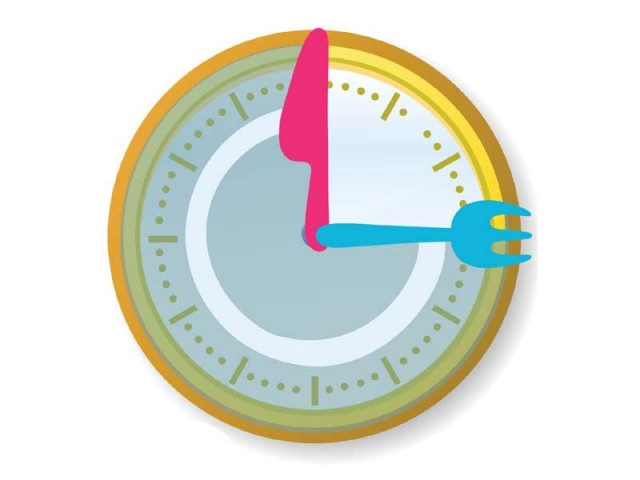Eat Stop Eat Repeat
We decode everything you need to know about Intermittent Fasting

After Keto diet, intermittent fasting is the latest fad to gain popularity, however unlike Keto, intermittent fasting (if done the right way) has only shown positive benefits and results.
Before we highlight the benefits of intermittent fasting, let’s dig into what exactly intermittent fasting is.
When we talk about intermittent fasting, the first question that often pops in someone’s mind is if intermittent fasting is starvation. The simple answer is no. Fasting and starvation have one significant difference; control. Starvation is the involuntarily absence of food intake in your system for a long time. While fasting on the other hand is done voluntarily, be it for spiritual, health or other reasons. Intermittent fasting should be done by someone who has enough stored body fat to live off. If intermittent fasting is done the right way, it should and would not cause suffering.
Intermittent fasting is as simple as it sounds. It’s not something unusual nor is it confusing, it is and can be a part of everyday, normal life. It is perhaps the oldest and most powerful dietary intervention imaginable. Yet somehow we have missed it and overlooked its therapeutic potential for a long time.
Learning how it works gives you a clear idea if you want to incorporate intermittent fasting in your everyday life or not.
To put it simply, intermittent fasting simply allows the body to utilise its stored energy (for example, by burning off excess body fat).
It is important to realise that this is normal and humans have evolved to fast for shorter time periods – hours or days – without detrimental health consequences. Body fat is merely food energy that has been stored. If you don’t eat, your body will simply “eat” its own fat for energy. Life is about balance. The same applies to eating and fasting. Fasting, after all, is the flip side of eating. If you are not eating, you are fasting. Here’s how it works
When we eat, more food energy is ingested than can immediately be used. Some of this energy must be stored away for later use. If we start eating the minute we roll out of bed, and do not stop until we go to sleep, we spend almost all our time in the fed state. Over time, we may gain weight, because we have not allowed our body any time to burn stored food energy.
To restore balance or to lose weight, we may simply need to increase the amount of time spent burning food energy. That’s intermittent fasting.

Intermittent Fasting Benefits
The most obvious benefit of intermittent fasting is weight loss. However, there are many other potential advantages beyond this. Read below how opting for intermittent fasting can be beneficial for you.
• Weight and body fat loss
• Increased fat burning
• Lower insulin and sugar levels
• Possibly reversal of type two diabetes
• Possibly improved mental clarity and concentration
• Possibly increased energy
• Possibly an improved blood cholesterol profile
• Possibly longer life
• Possibly reduction of inflammation
Where diets can be hard and confusing to manage in the long run, intermittent fasting is easily manageable. Where diets can be expensive, intermittent fasting can be free. Where diets can take time, fasting saves time. Where diets may be limited in their availability, fasting is available anywhere. And as discussed earlier, fasting is a potentially powerful method for lowering insulin and decreasing body weight.
Source dietdoctor.comintermittent-fasting



















COMMENTS
Comments are moderated and generally will be posted if they are on-topic and not abusive.
For more information, please see our Comments FAQ